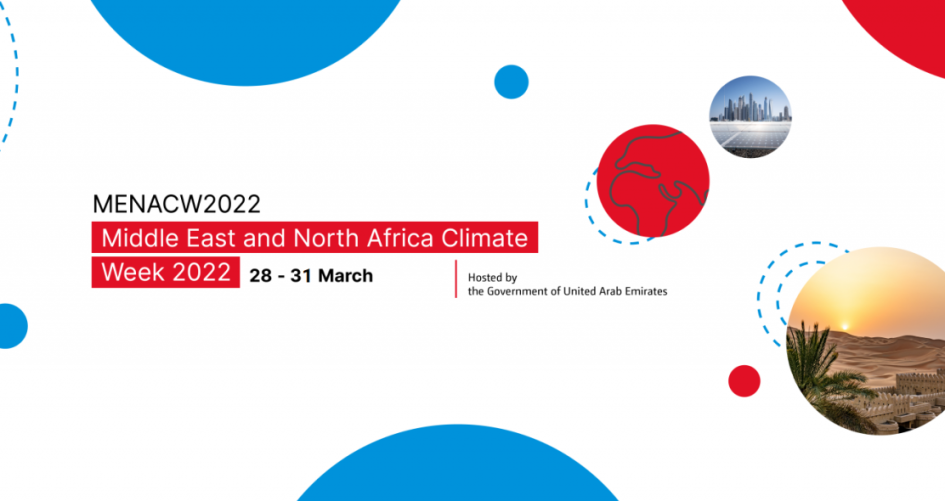This section contains more information on each of the three thematic tracks, the core partner supporting each track and the principles that should guide session curation.
Thematic Track Details
Track 1 – National actions and economy wide approaches
Organized by the World Bank
This track will assist all stakeholders in better understanding the cycle of the Paris Agreement – ambition of NDCs and LTLEDS; implementation of action, including with support; and transparent reporting, including on progress and impact.
This track will enable discussion on long-term national planning and integrated national policy making, including whole-of-government and society approaches, enhanced engagement of all stakeholders and the redirection of financial flows. In this context, discussion will cover ambitious actions in key sectors, including nature-based solutions, and how these actions integrate in national planning and contribute to long-term climate ambition.
The track will also enable an assessment of the best practice in society-wide and economy-wide approaches to cutting greenhouse gases and building resilience and how broad economic packages to enable recovery from the COVID19 pandemic can support the achievement of the Paris goal. The impact of these approaches on other SDGs, in particular gender equality, decent work and reducing inequalities can be identified and synergies identified.
Track 2 – Integrated approaches for climate-resilient development
Organized by UN Development Programme
The pandemic exemplifies the complexity and interconnectivity of risks. It has also exacerbated existing vulnerabilities, which underscores the need for greater attention to coherent, coordinated approaches to adapting to climate change. Emerging risks also strengthen the case for averting, minimizing and addressing loss and damage associated with climate change impacts.
This track will explore collaboration between all actors on the extent of climate risks faced in different hazards across the region, including extreme weather events and slow onset events, key systems impacted, and structuring support systems.
Focus will center on development and implementation of solutions for enabling risk-based approaches to adaptation and resilience building, as well as the partnerships that bring these solutions to bear.
Track 3 – Seizing transformation opportunities
Organized by UN Environment Programme
This track will provide a platform to explore breakthrough solutions to deliver climate action and support at a scale that puts regions on a low-emission and resilient development pathway. Discussions will focus on key sectors of the economy that need deep transformation and promote a speedy, healthy and sustainable recovery.
Related events under this track will enable an all-of-society approach to developing a common vision for the future in key sectors to promote job creation and enhance human welfare. Track events will elaborate the policy and resource mobilization approaches needed today to achieve this future.
Session Curation Principles
Curations of the sessions should follow these principles:
- Urgency and ambition – Catalytic events that drive outcomes towards a 1.5-degree net-zero, resilient world ASAP and aligned with science
- Impact focused on 2030 – Evidence-based, action-oriented, and building a lasting legacy towards COP26 and beyond
- Radical collaboration – Deep listening to diverse perspectives, reshaping multilateralism and driving convergence towards shared goals
- Diversity & inclusion – Raising the bar on what diversity and inclusion truly means and demonstrating how it contributes to better outcomes
- Human – Generating a sense of solidarity through meaningful conversations and interactive formats that inspire creativity, shared learning and collective problem solving
- Digital – Harnessing the best of technology to showcase innovative solutions and broaden both reach and inclusion
- Systems leadership – Actors across sectors achieving exponential progress together on mitigation and resilience
- Ambition loop – Showcasing the positive feedback loop between non-Party stakeholder leadership and bold government policy through active participation and cocreation
- Disruptors and incumbents – Holding a generous space for disrupters and incumbents that inspires constructive challenge, shared learning and collective action
- Amplify science and indigenous knowledge – Drawing on proven, diverse sources of climate information to chart the way forward

